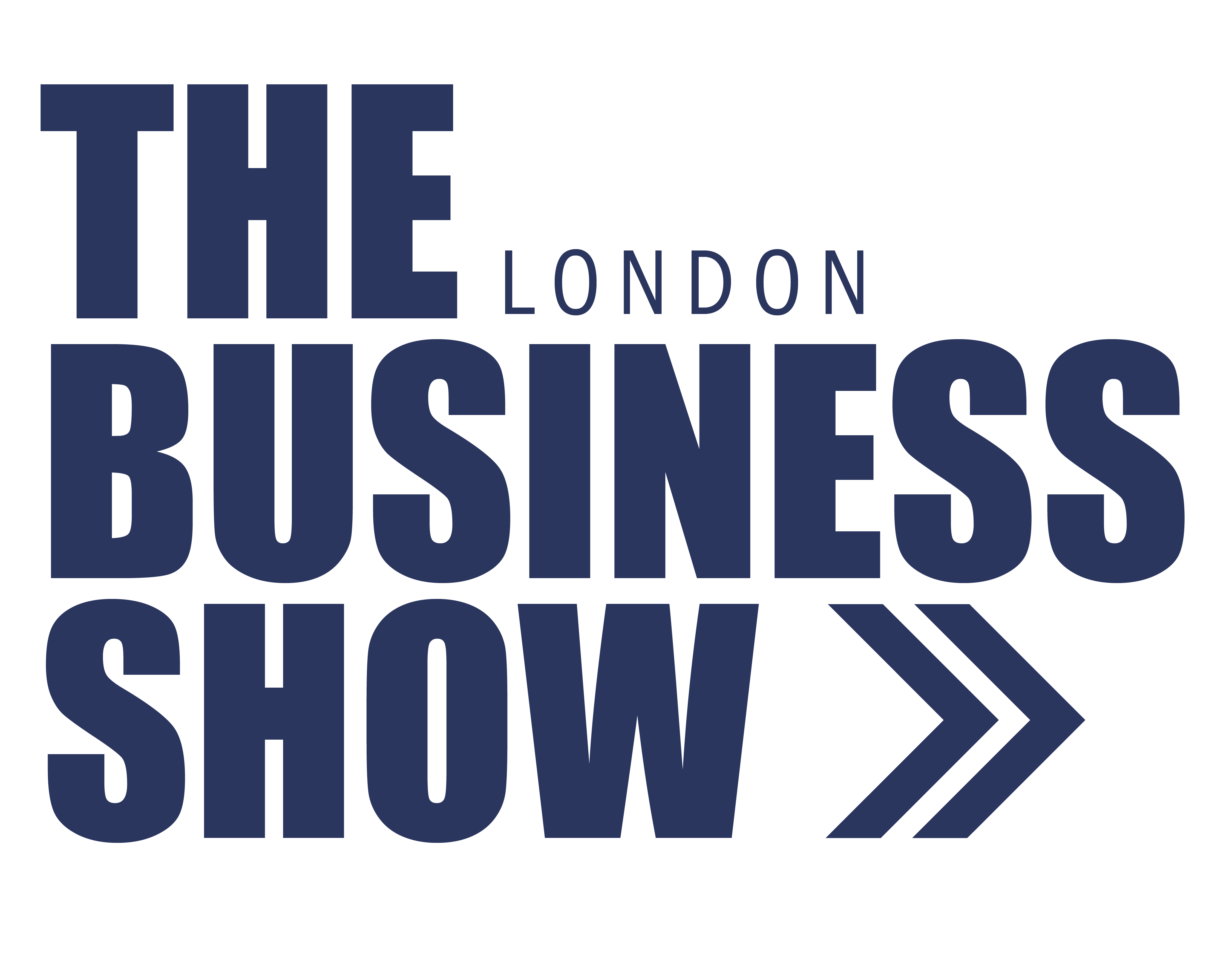If You Can’t Explain Your Business in 60 Seconds, You Don’t Understand It
I’ve seen hundreds of founders pitch. And here’s the truth — most of them waste their first 30 seconds trying to sound smart instead of actually saying what they do.
They start with things like:
“We’re revolutionising the way people experience the future of decentralised community-driven ecosystems…”
And I’m sitting there thinking — mate, I still don’t know what your product does.
Investors think the same. They won’t say it, but their minds check out after ten seconds of buzzwords.
A one-minute pitch isn’t about proving how clever you are. It’s about clarity. If you can explain what you do, why it matters, and why you are the one to do it — in 60 seconds — you’re already ahead of 90% of founders.
Why one minute matters
When you only have one minute, there’s no room for fluff. It forces you to prioritise.
If you can’t explain your business simply, you probably don’t understand it well enough yet.
That doesn’t mean your idea is bad — it means you haven’t nailed the message.
And in the startup world, the message is the business.
You pitch every day — to co-founders, partners, customers, and even friends who still think you’re “unemployed but busy.”
Your ability to communicate with clarity and confidence decides whether people get it or just nod politely and move on.
The structure I always recommend
There’s no perfect formula, but here’s one that works:
1️⃣ What you do — in plain English.
If your grandma wouldn’t understand it, rewrite it.
2️⃣ Who it’s for.
Be specific. “SMEs” means nothing. “Independent coffee shops struggling with staff scheduling” — that’s better.
3️⃣ What problem you solve.
Make it painful. Investors should feel the problem before they hear your solution.
4️⃣ How you solve it.
No jargon. Just one clear sentence.
5️⃣ Why now.
Timing is everything. Why does this make sense today, not five years ago?
6️⃣ Why you.
Your background or experience that makes you the one to solve it.
Do this in 60 seconds and people will actually want to talk to you after.
Pitching isn’t acting
Another mistake founders make — they rehearse every word until they sound robotic.
Pitching isn’t theatre. It’s a conversation starter.
The goal isn’t to get an investor to say yes on the spot — it’s to get them to ask a question.
If your one-minute pitch makes someone lean in and say, “That’s interesting, tell me more,” you’ve done your job.
Everyone’s winging it
Pitching is uncomfortable. Your heart races, your palms sweat, your voice shakes.
You might feel like everyone else in the room is smarter than you.
Here’s the truth — everyone’s winging it.
Even the confident ones.
You can’t remove the nerves, but you can redirect them.
Think of pitching as sharing your excitement, not defending your idea.
When you stop trying to impress and start trying to connect, everything changes.
Practice in real life
You can’t master pitching in front of a mirror.
You get better by pitching in front of real people.
At Rare Founders, we run open mic pitching nights where founders get one minute to pitch their business — no slides, no notes, no filters.
It’s raw, fast, and the best training you’ll get.
I’ve seen shy founders walk up shaking and leave with investor intros, partners, even friends.
And I’ve seen over-confident ones get sprayed with a water gun for going over time 😅
If you’re serious about improving your pitch — or just want to test if your message actually lands — this is the place to do it.
Final thought
There’s no perfect pitch. But there are memorable ones.
The ones that stand out are short, clear, and real.
Investors don’t invest in slides — they invest in people.
So if you can’t explain what you do in 60 seconds, don’t hire a copywriter.
Go back to the basics. Ask yourself: what do we actually do, and why should anyone care?
Once you can answer that, the rest takes care of itself.
💡 If you want to test your one-minute pitch live, come join our Open Mic Pitch Night right after the London Business Show — same location, same energy, and a room full of founders and investors who get it. See more details here.
Who knows — your next investor might be sitting in the audience.
Written by Vasily Alekseenko
Founder of Rare Founders - one of the largest startup companies in the UK.




